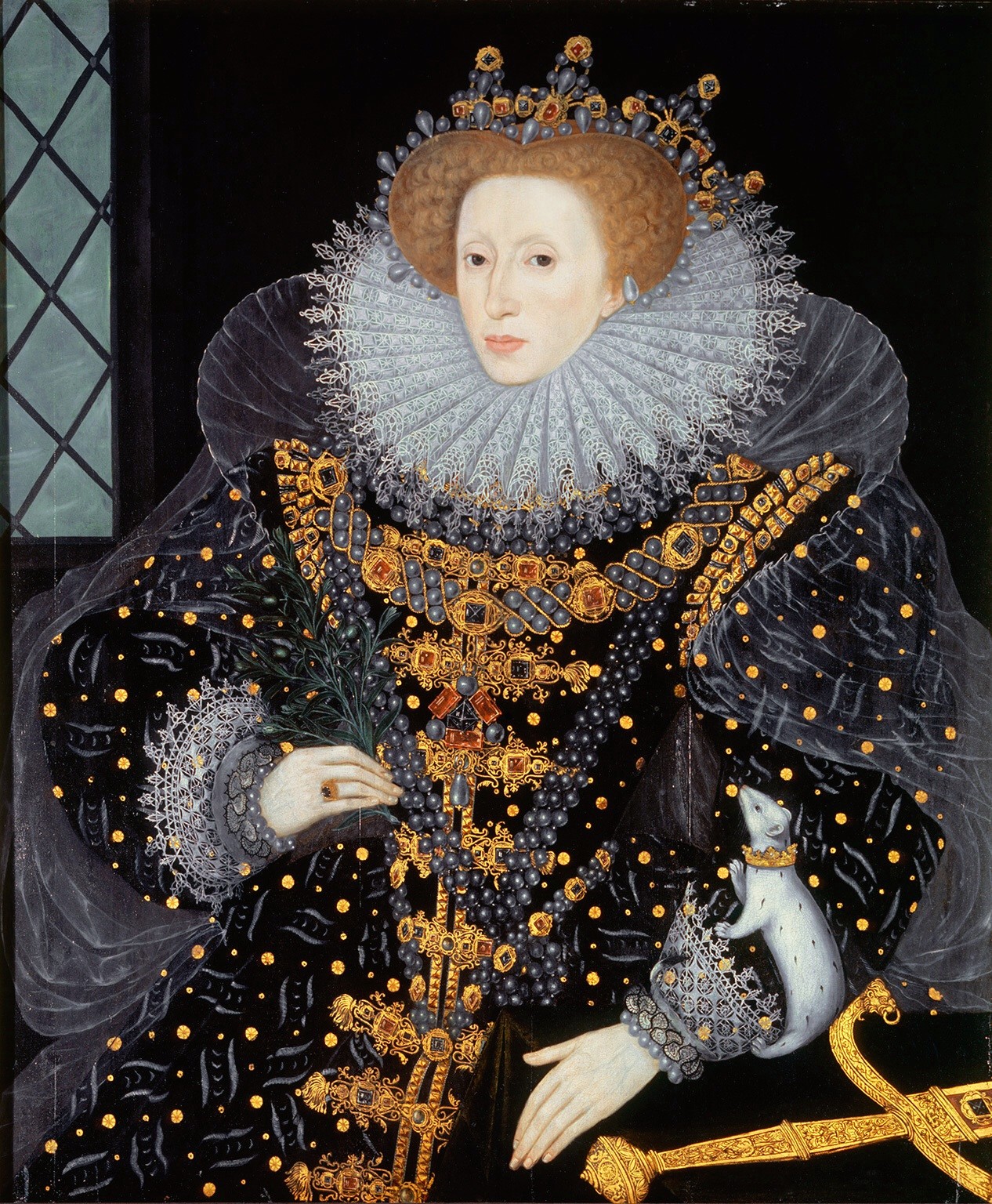
Portrait of William Shakespeare, from the First Folio.
Dear Dr. Boli: A friend of mine says that the Earl of Oxford wrote Shakespeare’s plays. I thought everybody knew that Sir Francis Bacon wrote Shakespeare. But when I looked on line, I found all sorts of other theories—some people say Queen Elizabeth wrote Shakespeare, and others that it was Sir Thomas Bodley, or King James I, or the Earl of Salisbury, or Cardinal Wolsey, or Mary Queen of Scots, or Sir Thomas More, or the Earl of Derby, or the Earl of Essex, or the Earl of Rutland, or the Countess of Rutland, or Sir Philip Sidney, or Baron Brooke, or Sir Francis Drake, or the emperor Constantine the Great. So who wrote Shakespeare’s plays, anyway? —Sincerely, a Professor of Literature at the Pennsylvania University of California.
Dear Sir or Madam: Dr. Boli clings to the old-fashioned opinion that Shakespeare wrote Shakespeare’s plays, even though it causes children in the street to laugh at him as he passes by. (At least he assumes that his opinions on the Shakespeare question are the cause of their laughter, since it is well known that American children are full of unreasonable prejudices on questions of English literature.) He might bring forward any amount of literary evidence to support his unfashionable theory, but instead he argues from quantity rather than quality.
A gentleman of the nobility might amuse himself by writing two or three plays, and perhaps even having them produced on the stage; he would, of course, follow classical models and adhere strictly to the Aristotelian unities. But only a man whose continued existence depended on producing the next play would have written such a prodigious quantity of plays. Setting all questions of style and content aside, the mere number of Shakespeare’s plays tells us that we have here a man who wrote for a living. Dr. Boli is of the opinion that literary critics ought to consider the word count before they attempt to attribute such a mass of literary labor to a nobleman whose days were filled with affairs of state. As is so often the case in English literature, the critic’s most effective tool is a pocket calculator.